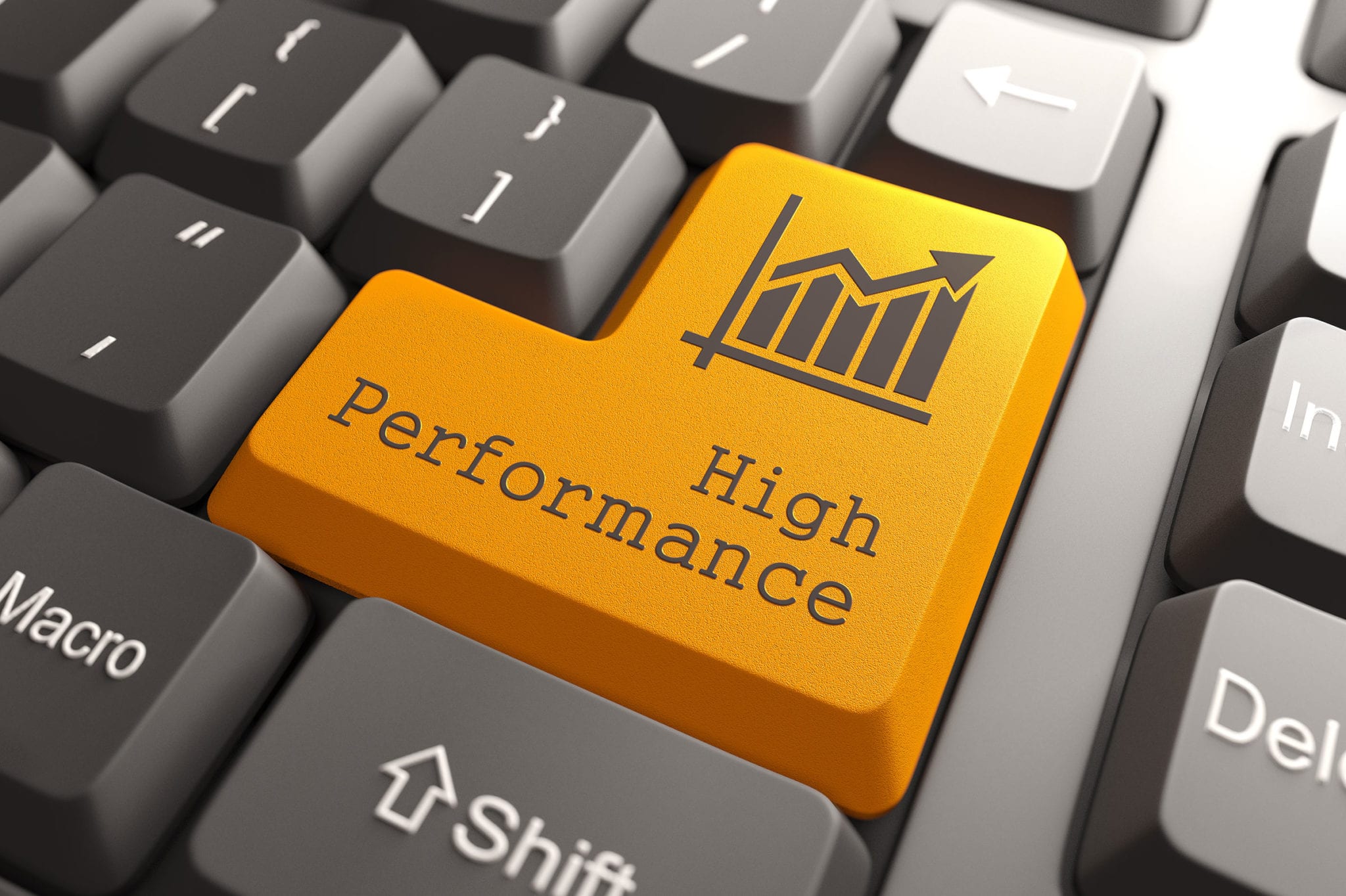It’s easy to get distracted during the holiday season. There are friends and family members to call, plans to make and things to buy.
Unfortunately, a whirlwind of holiday activity can lead to lost productivity in the workplace. Some companies even accept decreased productivity during the holidays as a part of doing business.
By setting the stage and creating the right environment, you can keep employees motivated and productive during the holidays.
Prepping for Holiday Revelry
Decision-makers should provide training that better equips managers to prepare for holiday workloads. This kind of training is absent from most workplaces.
As a result, most managers aren’t prepared for an increased workload during the holidays. Such training can better prepare managers to lead teams and eliminate unwanted distractions, such as disputes over paid time off, too many events and a barrage of special scheduling requests.
Managers obviously can’t grant holiday time off to everyone. However, they can better manage requests and conversations about the topic.
Studies show that more than half of surveyed employees are uncomfortable asking for time off during the holidays, according to the Harvard Business Review. Also, most employees believe that their managers expect them to remain available while they take time off. The same study shows that 25% of respondents believe that this is because the holidays are the busiest time of the year.
This sentiment is more pervasive in banking, where 64% of employees feel uncomfortable taking time off during the holidays. In the healthcare field, however, employee sentiment about the matter parallels overall industry averages at around 50%.
There are several ways managers can prepare for their employee’s time off requests. According to Amy Quarton, associate instructor for the online organizational leadership program at Maryville University, managers should establish clear performance expectations for employees and make sure they understand their responsibilities before the holiday season arrives.
“Work with employees to set a variety of personal development goals and performance goals for the team. Ensure they have the resources needed for success. Do they need a specific type of training? Is the break room stocked? Does equipment need to be fixed or replaced?
Managers should also make sure the holiday schedule gives everyone time to disconnect from work. Consider a more flexible schedule that allows employees to work remotely or choose the time they start and stop the workday,” Quarton suggests.
Avoiding Holiday Burnout
Burnout is a chronic health condition, according to the World Health Organization. For women in leadership positions, it’s essential to find a balance between personal time, without sacrificing opportunities to showcase work accomplishments. Female leaders can do so by planning their workflow for the holiday season.
According to Quarton, employees pay attention to the way their managers deal with stress.
“By being proactive about preventing burnout, managers can be a positive role model for their employees. This means taking care of the mind and the body with healthy eating, exercising, and sleeping habits. It also means doing something other than work, such as spending time with family and friends and enjoying a favorite hobby.”
Managers should encourage staff members to take time off. Many workers who do not take time off (but need it) end up calling in sick later merely because they’re burnt out.
It’s also vital to encourage creativity to help keep workers from fraying at the ends. In addition, it’s essential to give workers praise for a job well done to keep their spirits and their energy up.
It’s natural to want to feel appreciated. Employees who feel underappreciated are more likely to feel as though they’re working solely for a paycheck.
When this sentiment persists, employees grow disengaged. By giving workers deserved recognition, you can prevent burnout and workplace disengagement. Also, positive reinforcement and constructive feedback can help employees understand what they need to do to advance their careers.
Strategizing for the Holiday Workload
Most often, you’ll have quite the workload when returning from the holiday break. Accordingly, it makes sense to prepare for your return.
You can begin by pinpointing high-priority tasks that you must complete before leaving for the holidays. Don’t worry if you can’t complete everything. Make a list of the projects that you can complete, note what you did complete and how you will finish the task when you return. If it’s a time-sensitive matter, discuss the situation with your superiors.
Before you leave, set an away message for your voicemail and email. It can also be helpful to jot down some thorough notes about the status of projects and any ideas you have. It’s likely they won’t be as fresh in your mind when you return, so it’ll be helpful to have some notes written down to jog your memory.
Also, don’t schedule anything for the day that you’ll return to work. You should also give your office or workspace an extra special cleaning on your last day of work before the holiday.
By taking these steps, you’ll feel more confident and able to enjoy your holiday while you’re away. Also, when you return, you can come back to a clean office and a fresh start. You might even be able to approach your tasks with a new plan for productivity after taking that time off to refresh.
Just before you return, evaluate your to-do list and make sure that all tasks are clear and specific. Also, break large projects down into smaller tasks so that you don’t become overwhelmed.
The holidays are an excellent opportunity to give staff members a much-needed break. 89% of surveyed HR professionals say that a flexible workplace correlates with job satisfaction.
By planning ahead, you can better manage your workload and employee requests. A little planning can help you start the new year off right. With a clear mind – and a clear desk – you can increase your productivity as well as that of your employees.


